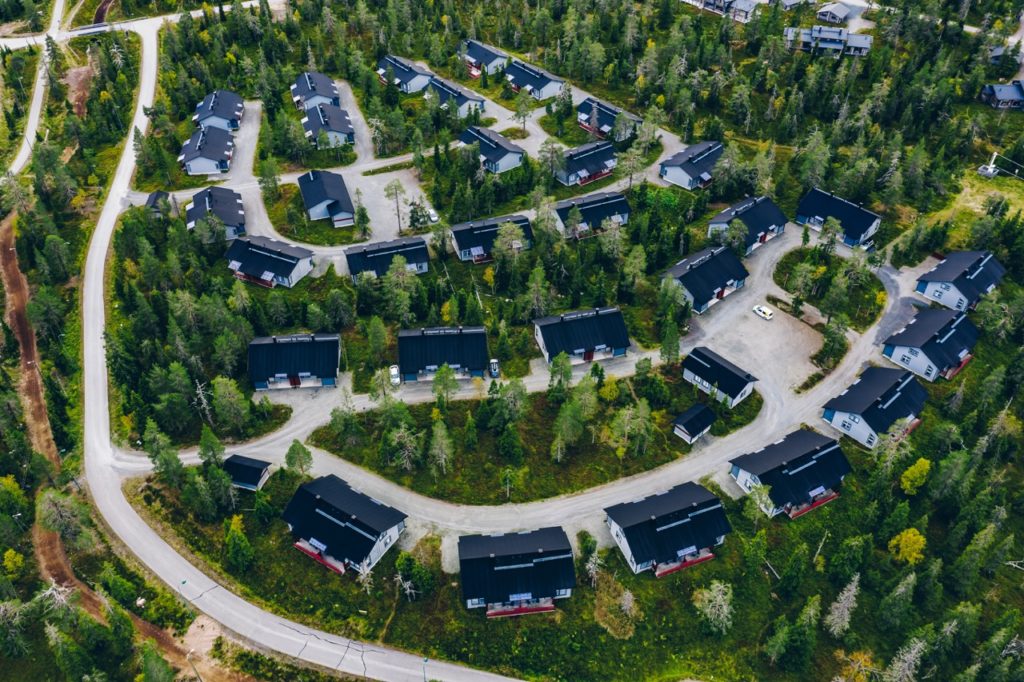I sit here having taken so many risks purchasing property. That being said – I think long term – property is one of the safest bets (if you can make it long term). But short term – man o man (or woman o woman) is it a wild ride. So much more intense than renting. Lack of feeling free, the responsibility of missing payments ruins your financial being, rather than just being forced to move, not to mention property tax time. WOW! If you think 1 home is bad, try having to pay many property taxes when July comes. From Dave Ramsey principles to Rich Dad Poor Dad principles (which I have a lot to say on that, probably at a later date). Why, oh why are they now talking about coming for taxes for principal resident Capital Gains. While my skin is crawling down to the bones from this not so delicate hinting of this taxation changes; I am trying to keep an open mind. TRYING!
As a mortgage broker, and an investor who started investing years ago, I understand the affordability crisis of most major cities right now! I get that young people (or not even just young and not even just 1st time home buyers) are having trouble getting into the market! I get that often times the high density locations are the place everyone wants to be (or at least has to be). And I understand that high house prices are PART of the reason high rent prices are a thing (I say part, because just ask any developer how expensive it costs to build purpose built rental housing – even after any benefits they might get from the powers that be).

BUT TAX?! TAX!!!????? Is the answer??
Please someone help me with this.
Is tax going to bring home prices down? Is tax going to help people move from house to another?
We already pay tax on the income we earn.
And then we pay tax on the items we buy.
And then if we sell an item that we already paid tax on, it gets taxed again (and again)
And the sellers of our goods and services have to pay tax on what they provide,
And then we have to pay more tax.
And now we have to pay tax to drive.
So much tax…So much I wonder how anyone has any left at the end of the day.
On a side note – I have traveled extensively, and I used to be so happy to pay tax! Some places where the taxes are non existent, you don’t get the same infrastructure or protection. Which! We need! We ALL need clean water, and roads to get places to visit our dreams and loved ones, and travel for work opportunities. We need the people who NEED help to GET help.
But is it becoming so much more? Capital Gains on Principal Residences? There are already Capital Gains on other types of properties. But how is this tax going to help people in the housing market? We will no longer be relying on the parents who have purchased property to help their children out with their gains that they earned. Instead, we are going to ask the government to allocate those monies instead? Or are we just raising more money to pay for more bureaucracies? Because from where I am sitting. Raising the taxes on food, fuel and housing has done nothing but drive up the cost of everything more. And on the flip side, has slowed down production greatly. Where are the housing starts?
My apologies, I forgot I was not going to get on my soap box – but instead keep an open mind. I would love to hear some differing opinions on this matter. Because I know there are always two sides to every consideration.
